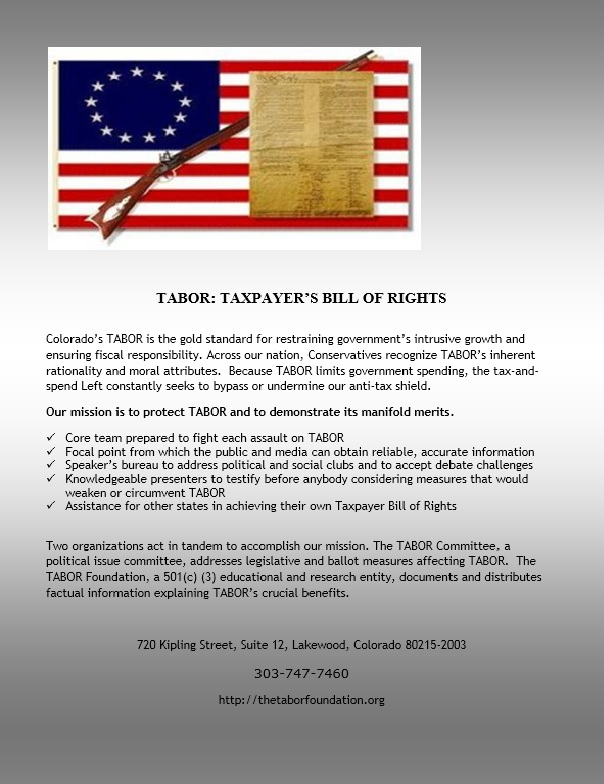Aurora, taxpayers face off in district court over taxing district for hotel project
BRIGHTON – The city of Aurora asked an Adams County District Court judge on Monday to dismiss a lawsuit that claims the city violated TABOR with parts of a multimillion-dollar incentive package for a hotel developer.
“The project has been held up pending the litigation and we are seeking the dismissal of those claims,” said attorney Daniel Lynch with the Denver law firm Kutak Rock.
Lynch said there are no factual allegations in the complaint that was filed against the city and the Aurora Urban Renewal Authority in March. He said the court should be able to make a ruling on the legal interpretation of the Taxpayer’s Bill of Rights and dismiss the case.
Attorney Mark Grueskin, who is representing two taxpayers who filed the lawsuit, said several facts are in dispute and asked that the remaining claims move forward.
At issue is whether the city of Aurora violated TABOR when it allowed a single voter representing a corporate landowner to vote to raise taxes in a special election.
Under a June 2011 incentive agreement approved by the Aurora City Council, the increased tax revenue would go to the developer to pay for construction of a conference center and other infrastructure surrounding the Gaylord Rockies Hotel development in northern Aurora by Denver International Airport.
The city in a single meeting in June 2011 established an ordinance allowing 30 percent of the voters in any geographic area to petition the city for creation of an “enhanced taxing area.”
If the city approved the petition, the new taxing area also could petition for a tax increase.
In the case of the Gaylord Rockies development, the owner of land proposed for the project appointed a representative to vote on a 2 percent increase in lodging tax in the new enhanced taxing area and a 6.25 percent increase in the admissions tax (a tax paid on tickets to events).
Both taxes were approved by a single voter and the revenue from those taxes was guaranteed to the developer in an incentive agreement.
Grueskin said TABOR – a voter-approved constitutional amendment – requires a vote of the entire electorate in Aurora and does not allow for the creation of a special voting district to the exclusion of every other Aurora voter.
“Why is it that this one landowner had some sort of claim to vote?” Grueskin asked. “The point of TABOR is not to protect the middleman, it’s to protect the person paying the tax.”
Lynch said the city complied with TABOR by having an election that included all of the voters in the enhanced taxing area.
Adams County District Court Judge Ted Tow said he might issue a ruling by Friday on the motion to dismiss the remaining claims in the lawsuit.
Twitter @CapitolSchrader



